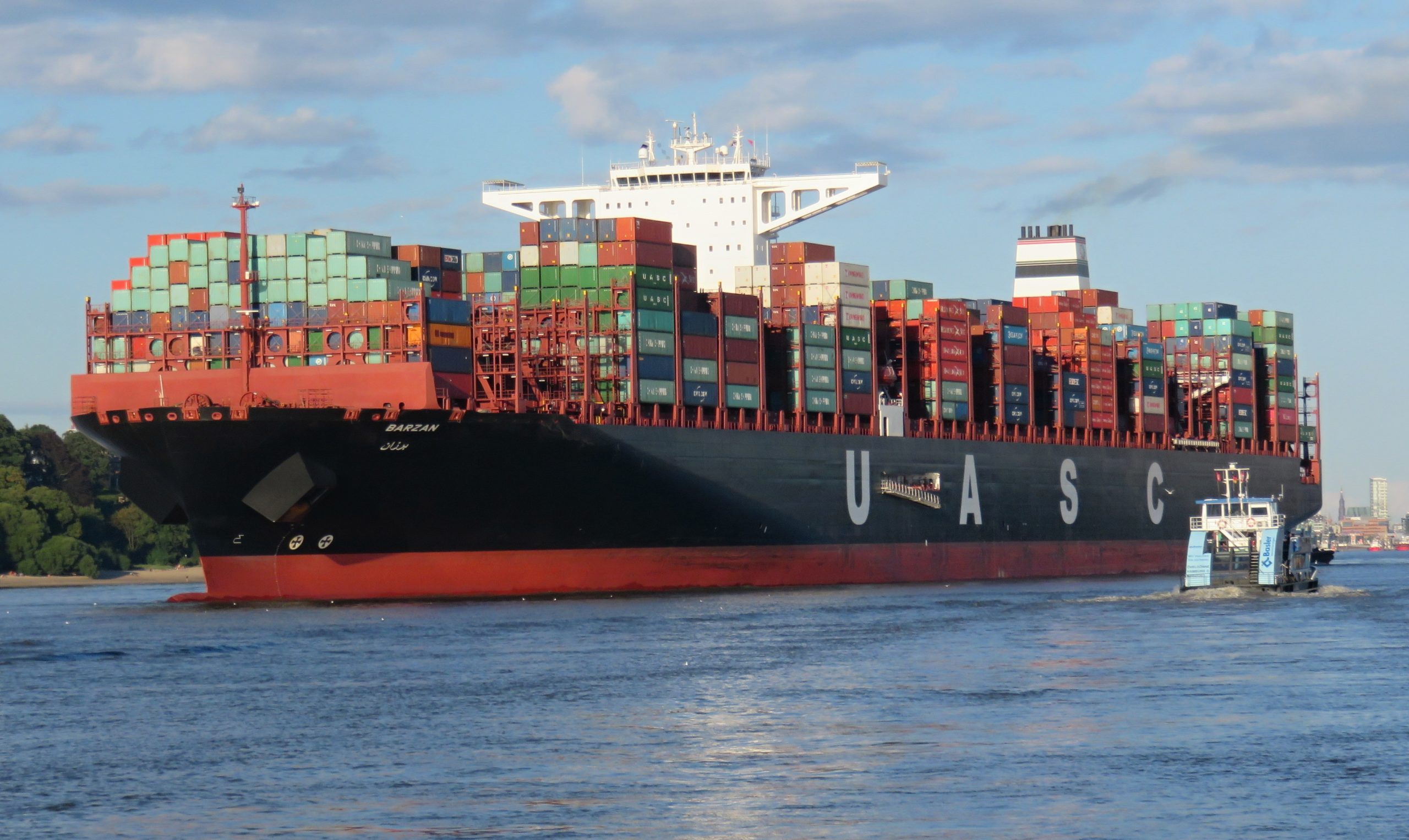By Jane Craigie
For centuries Britain held a strong position as world traders, but for the last 50 years, our trade has taken place predominantly across a narrow stretch of water between UK ports and the European trading block.
Now that this trade has become more challenging, I’ve taken a deeper interest in what happens beyond our immediate waters – and how goods are moved into and out of the country. If Britain’s Agrifood sector is to emulate the global dominance of New Zealand in trading so many food and drink products, we will need to become far more reliant on long distance air and sea freight.
Alongside this international quest, building loyal domestic customers is crucial because local selling is cheaper and easier, especially when it comes to chilled and fresh goods like meat, dairy and veg.
Shipping is responsible for moving 90% of the world’s trade, and in the UK, 95% of our imports and exports come through our ports. To add complexity to the picture, sea freight logistics, and the vessels themselves, are owned by third nations, including Japan, China and Greece. And – not a subject for today – but I’m mindful of the growing questions environmentalists are asking the world’s shipping industry.
The last 12 months has demonstrated that, despite the sophistication embedded into the global movement of goods, unexpected interruptions to the globe’s routine logistics cause problems. Brexit and the pandemic has seen fresh foods spoil when held up at ports, and delays to incoming freight leave supermarket shelves empty of key produce lines.
The politics of contractual obligations to deliver vaccines has highlighted that the failure to supply goods is costly in terms of income lost, as well as in sullying reputations. As we look to build new trading partnerships, getting British goods to new customers on time, in spec and of premium quality requires logistical perfection.
Shipping is reliable, but it’s not infallible, particularly in rough seas. The Atlantic, across which we’d need to send our goods to North America, can be one of the most treacherous waters to navigate.
Last month, high winds purportedly drove the Ever Given, a 400m container ship off course, wedging itself across the Suez Canal, which carries 12% of world trade. This may have been a one-off calamity, but it shows the impact of shipping’s momentary cessation. Not only did the situation halt the delivery of the ship’s own containers (it can carry 20,000 of them), but it also forced around 400 other ships to either put down anchor, or re-route around Africa.
The Ever Given’s plight affected the supply of many goods – live animals and fruit products, including apples from New Zealand and grapes from India. Imagine the impact if the products onboard had been a shipment of high value frozen, or chilled Scottish meat, seafood or cheese, destined for a hard-won, new overseas market?
The world’s insurance brokers suspect that the Suez blockage – which lasted just six days and seven hours – halted the movement of $9.6bn worth of trade.
So, sitting here in my wee office just outside Turriff, the complexities of moving goods around the world does concern me as we look to create new trading partnerships with new countries. I firmly believe that we will need to polish up our trading skills and to better utilise and factor in the vagaries of moving goods by sea and air. And, as is ever the case, we also need to minimise the risk of global trade interruptions by dramatically increasing the domestic supply and consumption of homegrown food.

